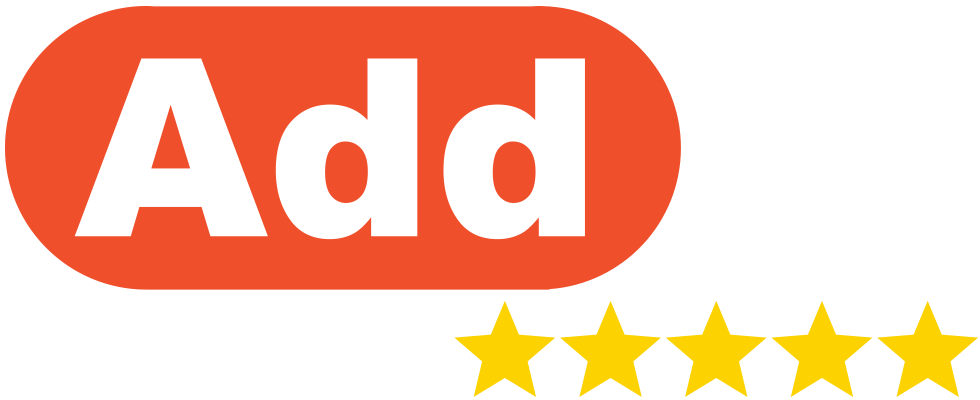When you make the business decision to advertise your business website on the web, you are essentially purchasing keywords that relate to your business and paying a search engine such as Google or Yahoo to deliver traffic to your website via their Pay Per Click (PPC) advertising platforms. This practice is referred to as Search Engine Marketing (SEM). It's quite simple, you select keywords and the search engines auction the value of these keywords based on what you are prepared to pay for the required sponsored advertiser position on their websites. If a competitor decides to pay more for the same keyword, then you are moved down the results order. So unless you increase your bid, otherwise known as the Cost Per Click (CPC) value, you move out of the desired top three position and moved down the first page results or worse to other pages.
Now SEM will win you traffic however, many end users refuse to click on sponsored links, preferring to choose from the organic results instead. So how do you get a high organic result? Achieving high organic search engine results is referred to as Search Engine Optimisation (SEO). This process relates to the construction of your website and specifically how the search engines index the relevance of your website as it relates to what the 'searcher' entered into the search engine query field. Effectively a search engine aims to deliver high customer satisfaction, and this is achieved by delivering highly relevant websites based on their search query. To ensure a searcher continues to use the search providers service, they want to deliver quick and effective results and minimise the amount of searching needed to get results. It's all about results!
How can a generic domain help you get better SEO results? Fundamentally, two ways exist:
1) Landing Pages: Although your brand is king, and you should not dilute that under any circumstances you also need to get inside the "searcher's" head. How do they search for your service, when they may not know your brand? They use keywords that identify the product or service. The search engine spiders trawl websites and profile the content on those sites based on their own proprietary algorithms, but fundamentally they all do the same thing. That is, they look at the:
- domain name relevancy to the search keyword term. (i.e. does the domain name match the search keyword?)
- keyword frequency within the website's content. (i.e. how often the search keyword appears through the site?)
- uniqueness of the content on the website. (i.e. is the content original or is it just 'pulled' from other existing sites?)
- link backs to the website. (i.e. how many other relevant and quality websites link back to your site?)
With generic domains, you can simply create a range of landing pages all with highly specific content relating to your desired search keywords. You then link these landing page sites all back to your primary website. This increases the overall relevance of your primary website and helps push you up the organic results order.
NB: You don't want to over do it with landing pages, because Search engines may penalise you for over indulging. If you really want to get tricky, then you can go the extra step and make sure that your landing pages are hosted on a wide range of different servers all hosted from different IP Address ranges. For the most part however, you only need to worry about this if you plan to have hundreds of domain related landing pages.
2) Type In Traffic: The other benefit is a subset of Direct Navigation, "Type in Traffic". Many people now type the key word directly into their browsers as a domain name. Research shows that as high as 12% of traffic resides outside of the search realm* because of this user behaviour. For example, people looking for shoes may choose to enter shoes.com.au directly into their browser, with the rationale being that, "surely, whoever owns the domains shoes.com.au actually sells shoes too."
Reuters reported that,
"The StatMarket division of WebSideStory(R) notes that more than two-thirds of daily global Internet users arrive at a website via direct navigation, compared with just 14 percent from search engines. Additionally, the number of users trying to use "direct navigational methods" within search engines in also increasing -- representing approximately 25% in mid-2007. WebSideStory(R) also found that direct navigation had a 4.23% conversion-to-sale ad rate, while search engine clicks, on average, lead to a 2.3% conversion-to-sale ad rate. The direct navigation market was on track to reach $1.1 billion in ads in 2007 according to Jordan Rohan, an analyst with RBC Capital Markets."
http://www.reuters.com/article/idUS94003+03-Sep-2008+PRN20080903
When you own a generic domain name, you effectively own all the traffic that that domain generates. After your original cost of acquisition, you only need to renew the domain name which is only about $20 a year at most. Think about how much money you would need to pay google every year just to maintain a top 5 sponsored ranking?
Using "shoes" as the example that has 165,000 searches every month in Australia, if you wanted to be the number one sponsor advertiser position you need to pay $1.63 per click for every referral that this keyword generates. At just 100 click throughs per day you are paying over AUD$59,495.00 annually. And not all of these click throughs will result in a sale too. Now there is a benchmark to extoll the virtues for owning your keyword generic domain names.
--
Some related articles and resources:
Wikipedia
http://en.wikipedia.org/wiki/Direct_navigation
Generic Domain Names Bolster Strong Brands
http://www.elliotsblog.com/generic-domain-names-bolster-strong-brands
Benefits of Generic Domains
http://www.dmueller.com/benefits-of-generic-domains/







